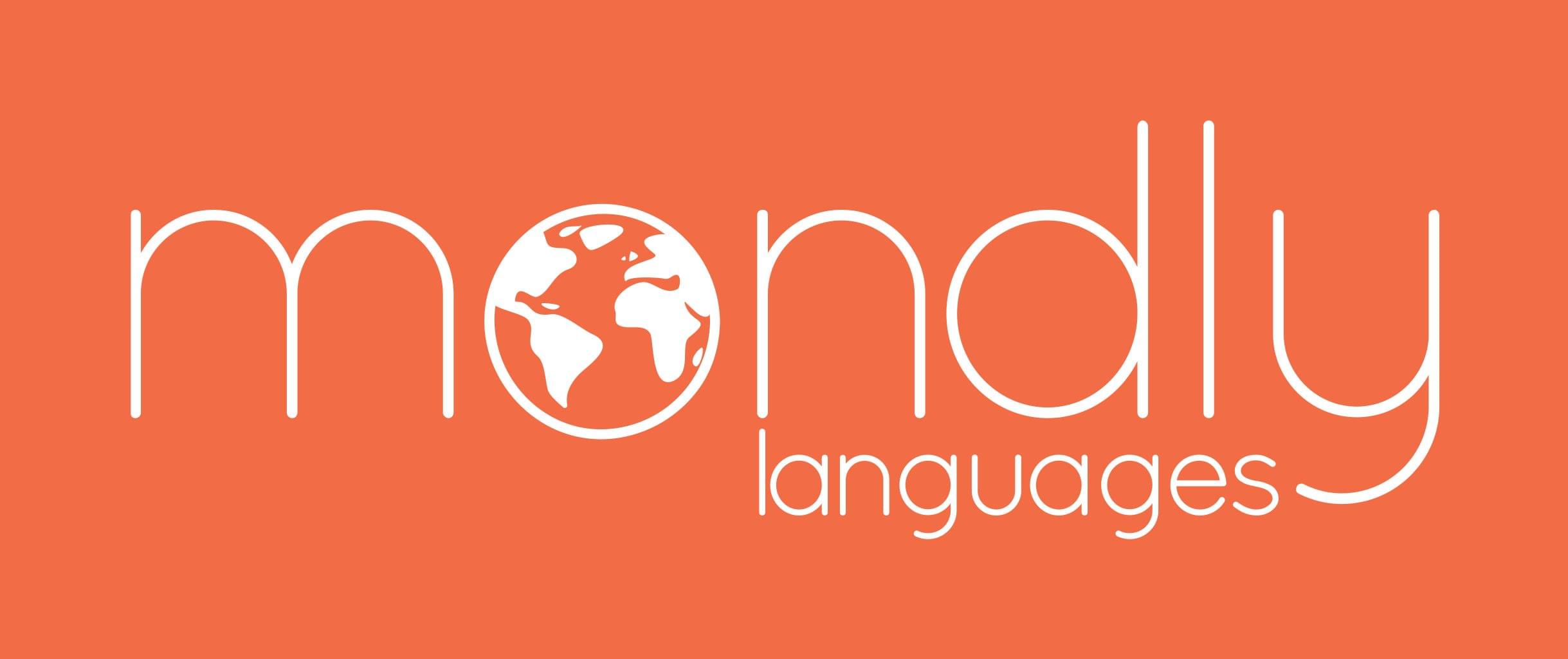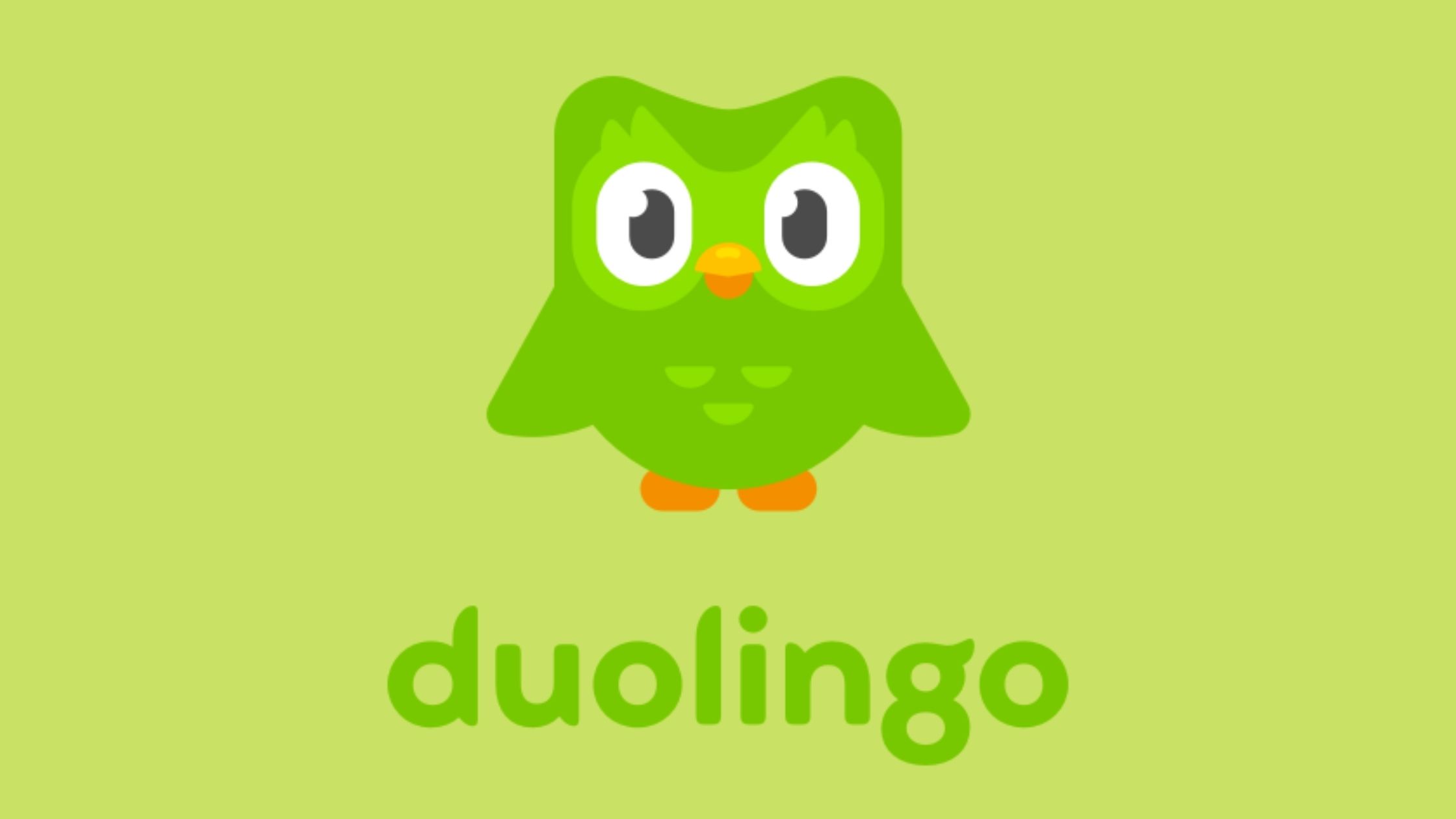Learn Latin on Mondly
Mondly is a fun way to learn a new language. The colorful app has over 90 million users and offers 33 languages to choose from. You can learn on your own with Mondly’s award-winning app, or team up with one of the millions of people who have learned a new language using Mondly.
Price: Free
Devices: Android, iPad, iPhone, and Web









